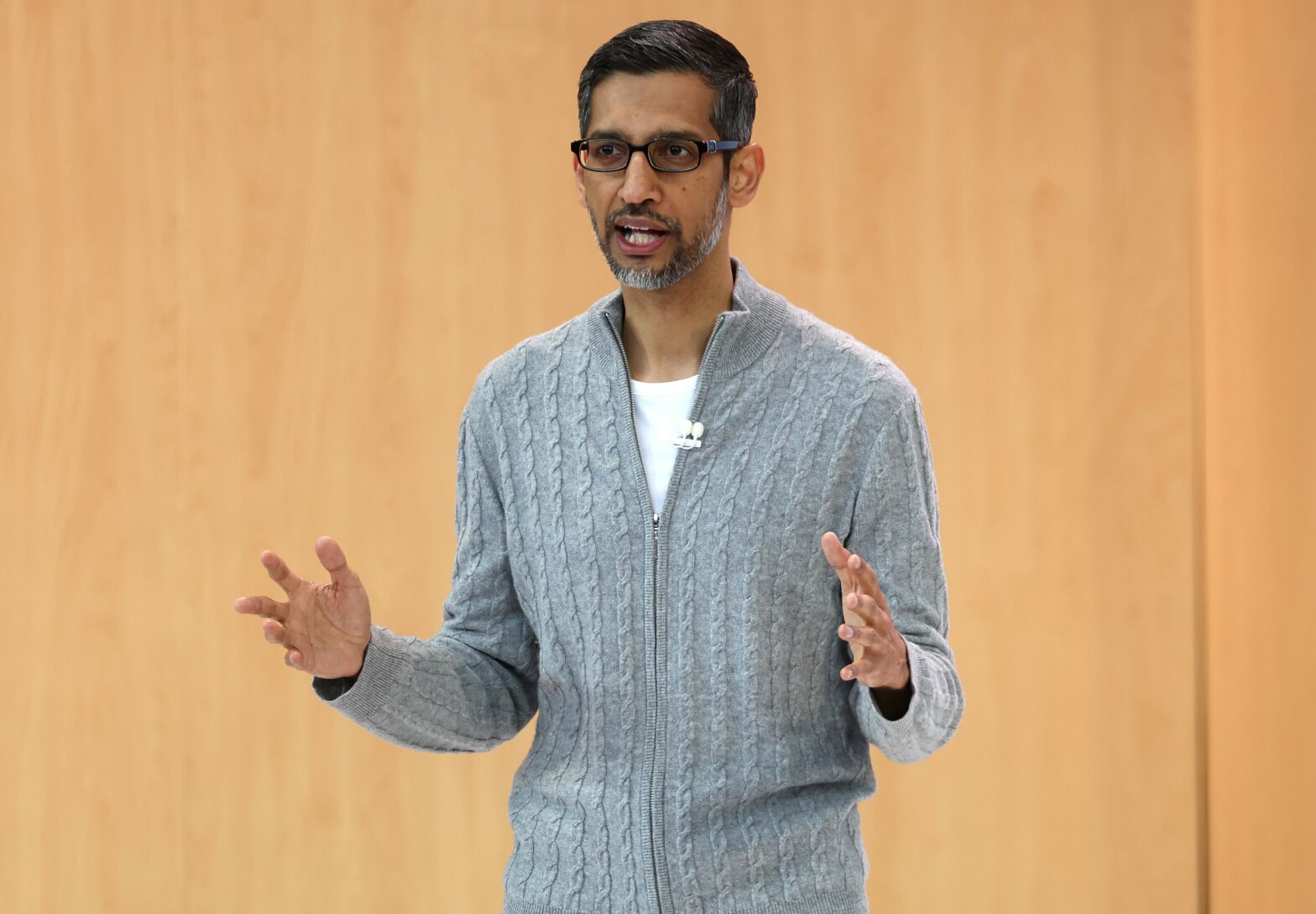Google is revamping its ubiquitous search engine by incorporating conversational generative AI into it.
While the search bar – which has hardly changed since Google first launched it 25 years ago – is not going away, users will be able to enter into question-and-answer-style chats with it.
Instead of simplify listing websites in descending order, Google will feature more expansive AI-generated text answers and explanations, right at the top of search results.
ChatGPT won’t kill Google — it makes search more important – Here’s how the business and societal roles of Google and the wider search engine space is set to evolve alongside generative AI tools like ChatGPT
Those AI-driven answers will also include links to web sources from which the answers are based on, in an attempt to deal with so-called generative AI “hallucinations”.
Users will still be able to access the original Google Search format of a list of links below these machine-generated answers. Google Search vice-president Cathy Edwards that that users still want to see information having a credible source, be that, say, the World Health Organization or a trusted news brand.
Such a revamping would have profound implications for publishers and advertisers, as their own pages will inevitably be pushed further down screen.
Google said that advertising would, however, remain “a core part” of the search results, as they will be included in suggestions for more information made by the AI.
The challenge of using ChatGPT for search engines – Large language models (LLMs) such as ChatGPT may be emerging as complements for search engines, but there are still pitfalls to consider
The new AI-driven search feature will initially only be available in the US through a waiting list system. Google said it would then look to roll out the feature more widely in the coming months.
SEO experts seemed sanguine about the implications of Google’s new AI-driven search engine, when it comes to discoverability for company websites.
Beth Nash of digital marketing agency Smart Monkey summed up Google’s search engine revamp as “business as usual”.
Nash said: “Creating content that helps your site rank in positions one to three is more essential now than ever to get top-of-search visibility”.
The consensus though was that including more images and video is going to be crucial for Google visibility.
Google has been on the backfoot when it comes to incorporating generative AI into its search engine compared to Microsoft, which has collaborated with OpenAI to reinvent its Bing search engine.
LinkedIn marketer Louise Brogan added: “This could help content creators who spend time and effort researching high quality content and articles, as the generic responses coming from AI in its current form don’t inspire.
“When you read an article in the paper, and it has real-life examples and quotes from people in the story, it is far more interesting than a bland non-relatable piece.”
In February, Microsoft beat its rival to the punch by unveiling an AI-driven search engine using OpenAI’s GPT technology. One month later, OpenAI revealed its upgraded GPT-4 large-language model, which users can access through a premium version of Bing.
Further reading
ChatGPT AI software integrated into Bing to compete with Google – Microsoft is introducing the AI chatbot ChatGPT into its Bing search engine from March, in partnership with the software’s developer OpenAI










